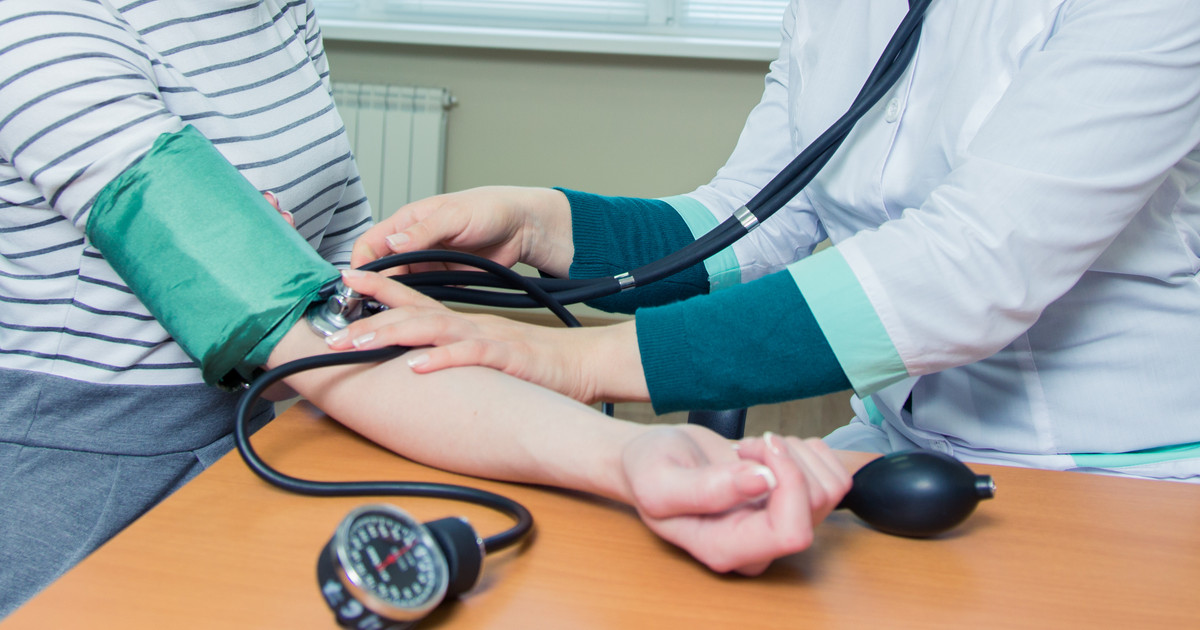Guide To Baclofen
Potential Side Effects

Patients who take this oral medication may experience confusion, constipation, dizziness, headaches, and nausea. Other common side effects include sleeping difficulties, sweating, weakness, and increased urination. Generally, these side effects resolve on their own as the patient's body adjusts to the medicine. However, patients should let their doctor know if these effects persist or worsen.
Some individuals could develop rare side effects, including diarrhea, slurred speech, ankle swelling, weight gain, and unusual excitement. Individuals who notice chest pain, depression, blood in the urine, or ringing in the ears should contact their doctor immediately. Additionally, they should be alerted right away if the patient faints or has hallucinations. Seizures, breathing difficulties, blurred vision, and muscle pain may be signs of an overdose. Patients should receive emergency medical attention if these occur.
Reveal precautions for this medication next.
Precautions To Remember

Before prescribing this medication, doctors need to know if the patient has any history of seizures, ulcers, kidney disease, diabetes, or high blood pressure. The doctor will also ask their patient about any history of strokes, blood clots, cerebral palsy, Parkinson's disease, bipolar disorder, and schizophrenia. Baclofen may not be safe for individuals with these conditions. Doctors may also need to prescribe alternative medicine for patients who take opioids. Children under twelve years old cannot take this medication. In addition, it has not been studied in patients who are pregnant or breastfeeding. Individuals who take this medicine may be at an increased risk of developing an ovarian cyst. Patients should check with their doctor about their risk of this effect before starting this medicine.
Individuals should not consume alcohol while taking baclofen. Since this medication can impair reaction time and cognition, individuals should exercise caution when driving or doing activities that require mental alertness. This medicine reduces muscle tone, and it may cause difficulties with balance and movement in some activities. Finally, patients should not take this medication when they plan to be physically active.
Uncover information on potential medication interactions next.
